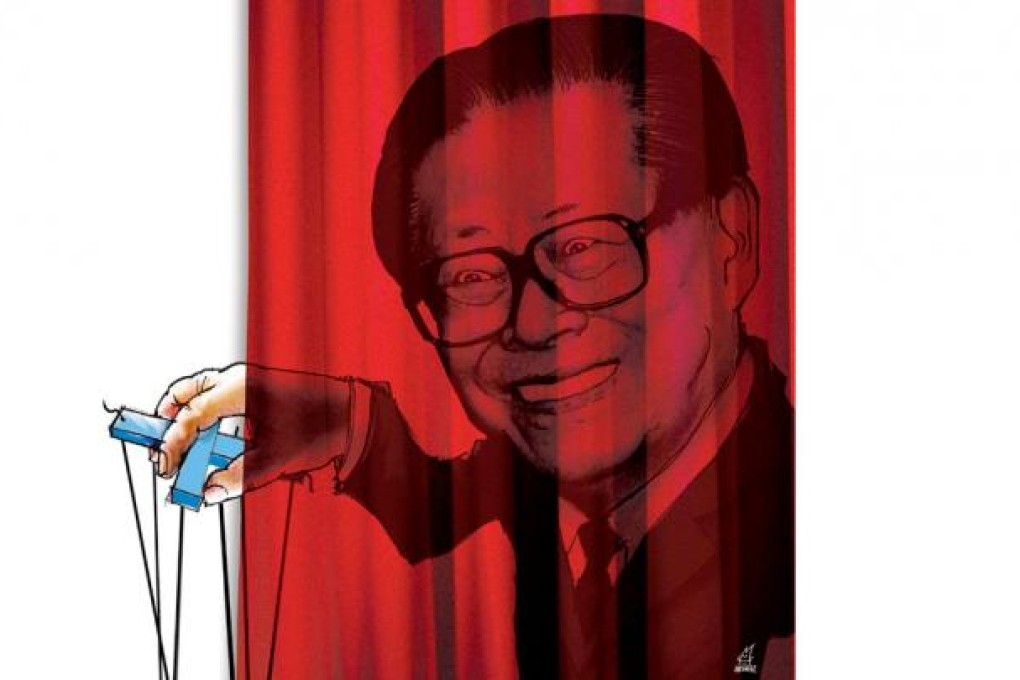Long after retirement, Jiang Zemin continues to exert his influence
The former party chief may have retired a decade ago, but his lingering influence makes him one of the most powerful men in China


Jiang retired as Communist Party secretary general in 2002 and as commander-in-chief of the People's Liberation Army in 2004. Yet the octogenarian has been in the public eye at least four times in the past two months; he wrote a preface for a history textbook and was the subject of a lengthy People's Daily article that hailed his role in leading "the party and nation to sail on a historic wave".
While his absence from the public stage last year prompted rumours that Jiang was seriously ill or had even died, the recent spate of appearances is being seen as a deliberate reminder to people of the political influence that Jiang and his faction still exert within the leadership.
"Jiang's frequent public appearances in the country's media are designed to send strong signals that the former leader still wants his say in policymaking and personnel ahead of the 18th National Party Congress," said Zhang Lifan, a political affairs commentator.
As the party prepares for the once-in-a-decade transition of leaders, from the fourth generation to the fifth, at this autumn's party congress, there are growing signs of an intense power struggle. The abrupt sacking of Chongqing party chief Bo Xilai and his suspension from the Politburo in April only added fuel to this power struggle.
There has been much speculation that Jiang's influence may eclipse that of current general secretary Hu Jintao in the new leadership line-up , as members of Jiang's faction and their allies seem to be gaining an upper hand in the contest for seats on the next Politburo Standing Committee, the party's top power echelon.